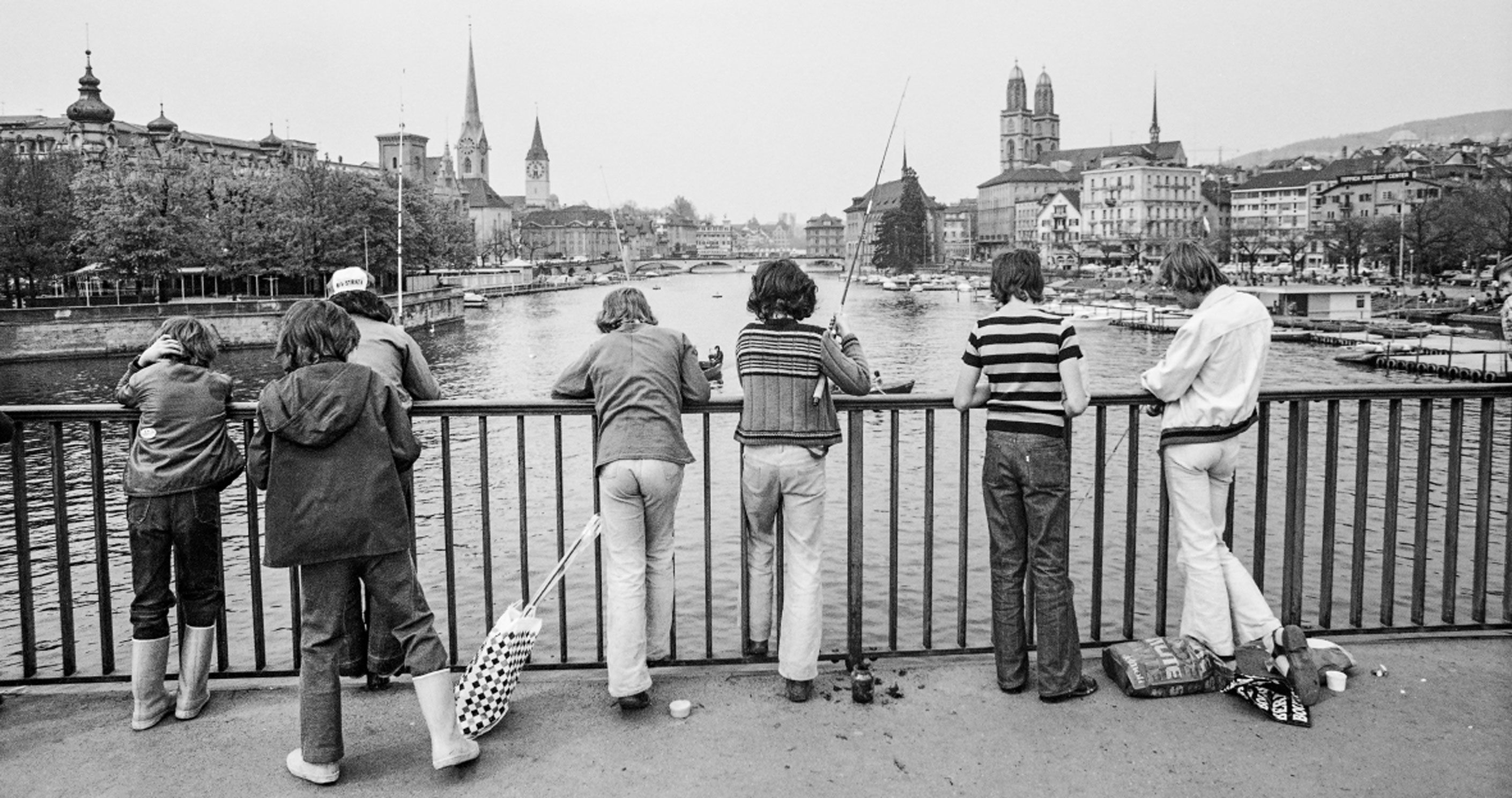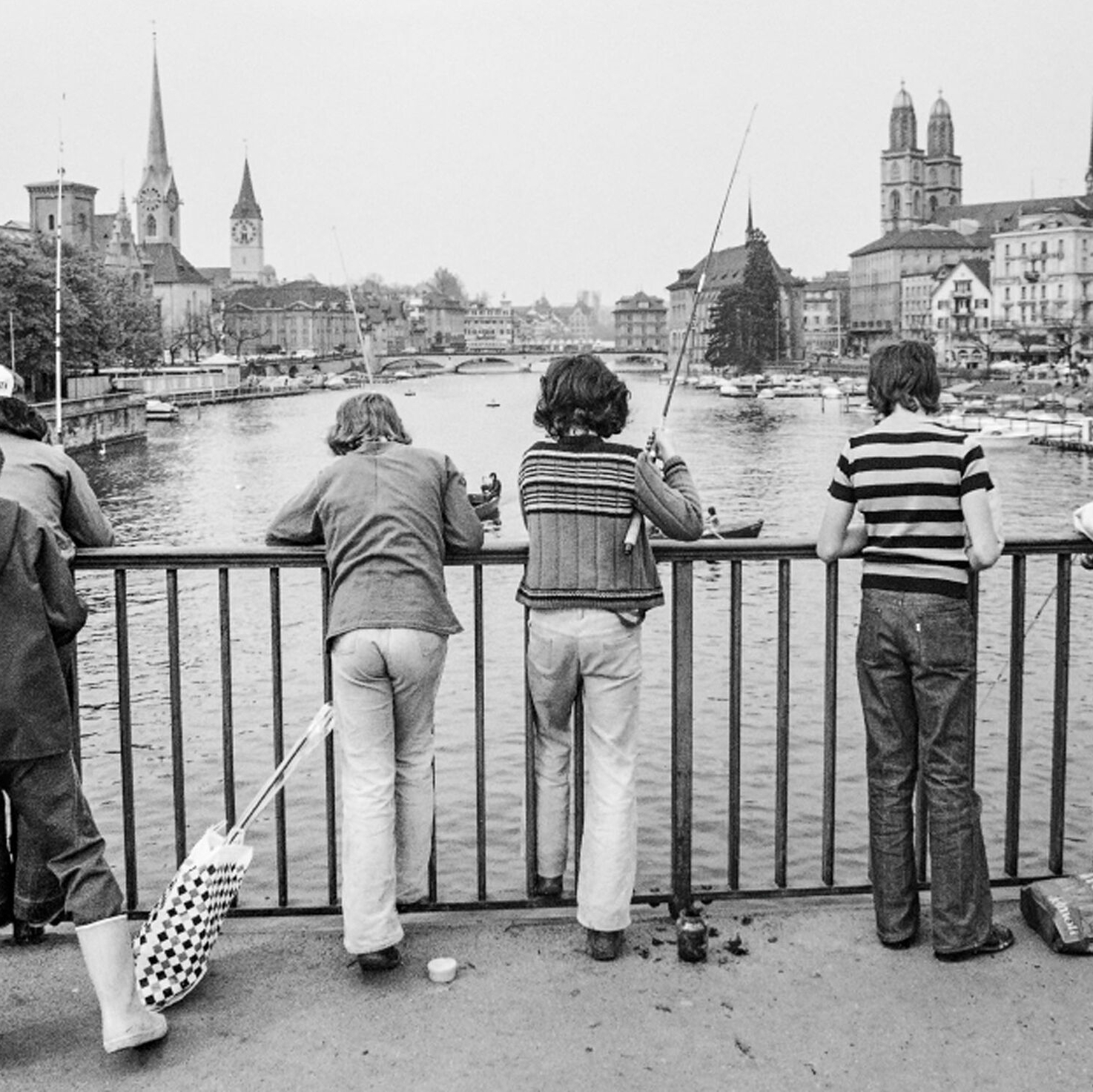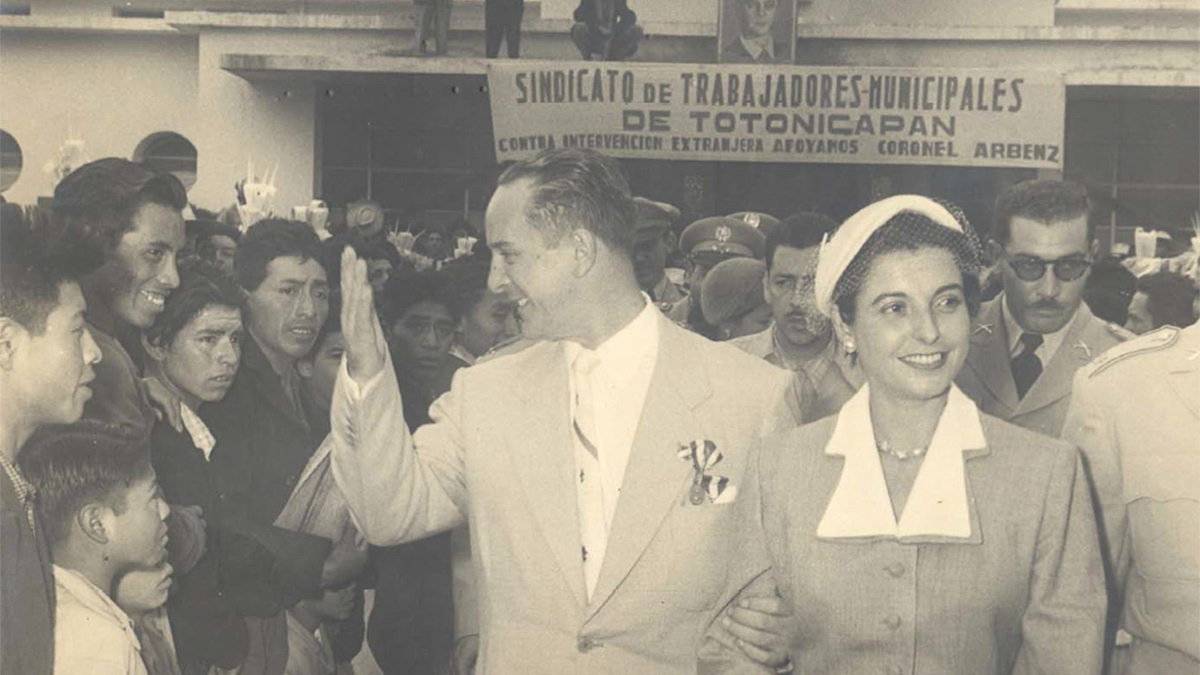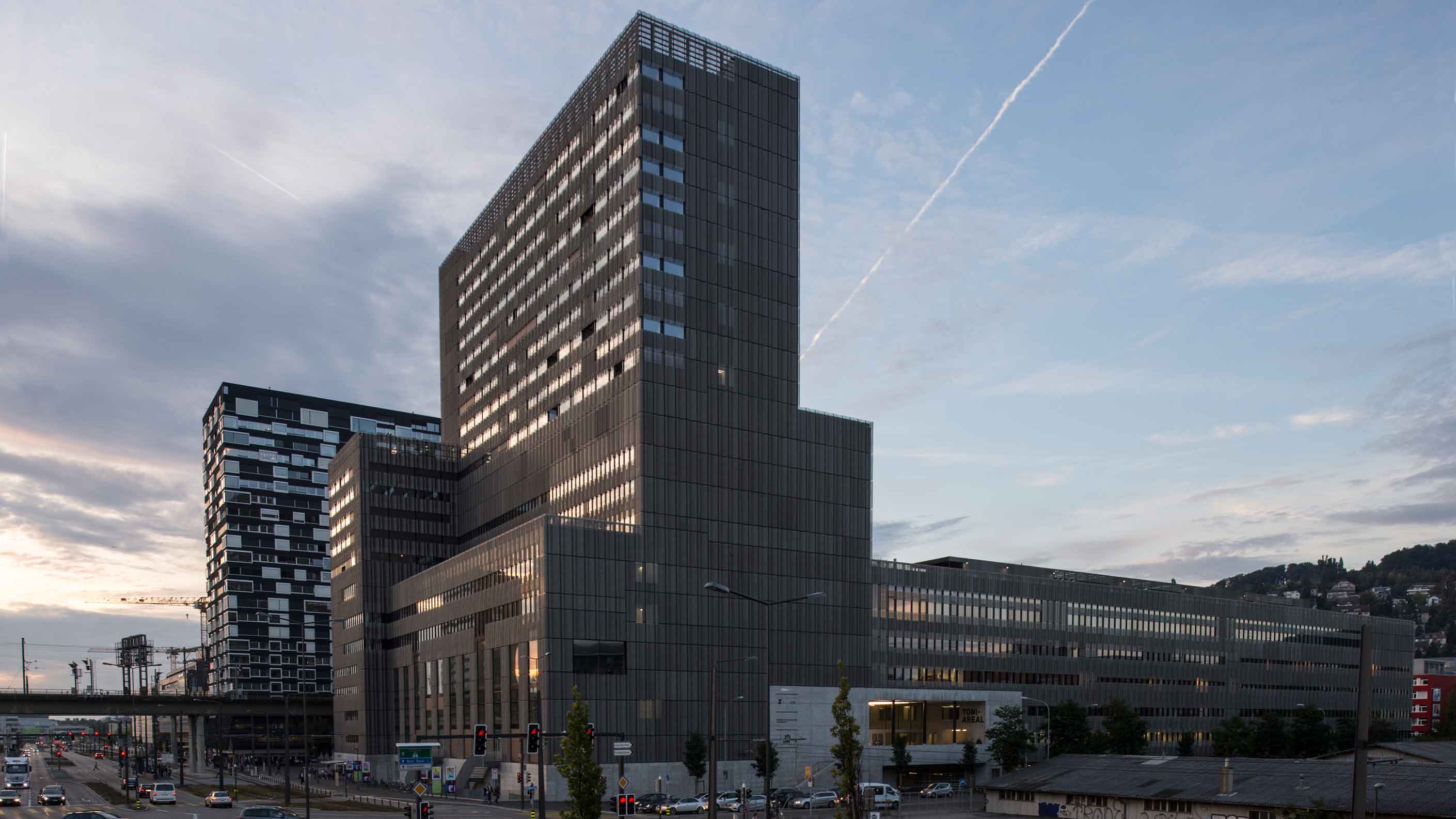‘I wanted to show how Zurich residents lived at the time’
Teenagers fishing, factory workers and the start of the unrest: crime writer and broadcast journalist Raphael Zehnder has published a coffee-table book about Zurich in the 1970s. He spoke to us about city life at that time and how he misses Zurich.
You moved to Zurich in 1981. How did you perceive the city at that time?
Zurich was very divided back then – the mood was very grey and repressive on the one hand, and very optimistic on the other. The younger generation of the time was rebellious and longed for change. I liked that about the place. It was only when I started working on the coffee-table book that I was struck by just how new the city was even for its existing inhabitants. Many large construction projects went ahead in the ‘70s, and for me as a newcomer, there were these buildings, roads and bridges that I’m still drawn to today.
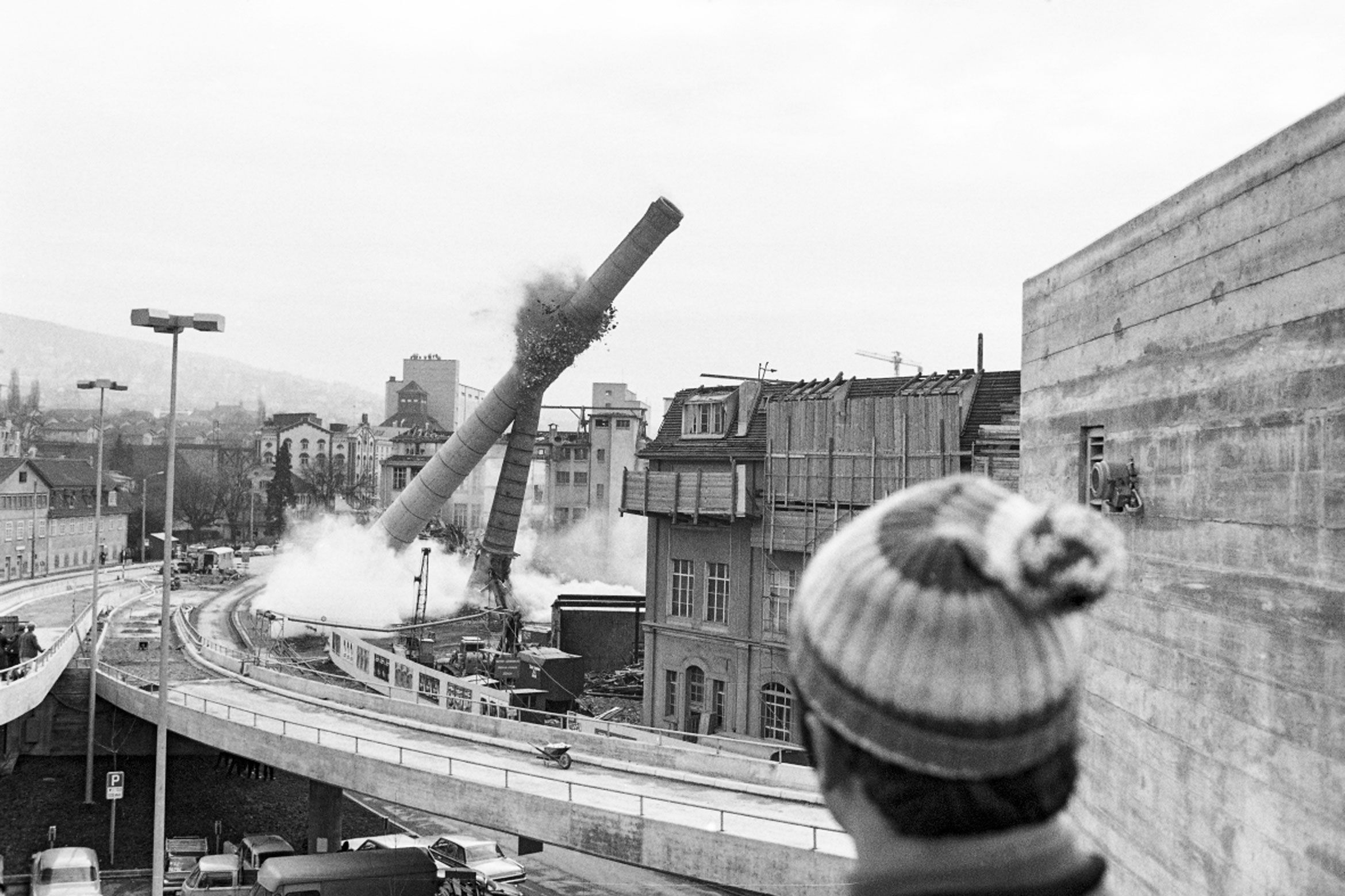
Photo: ETH-Bibliothek Zürich, Bildarchiv / Photographer: Comet Photo AG (Zürich)
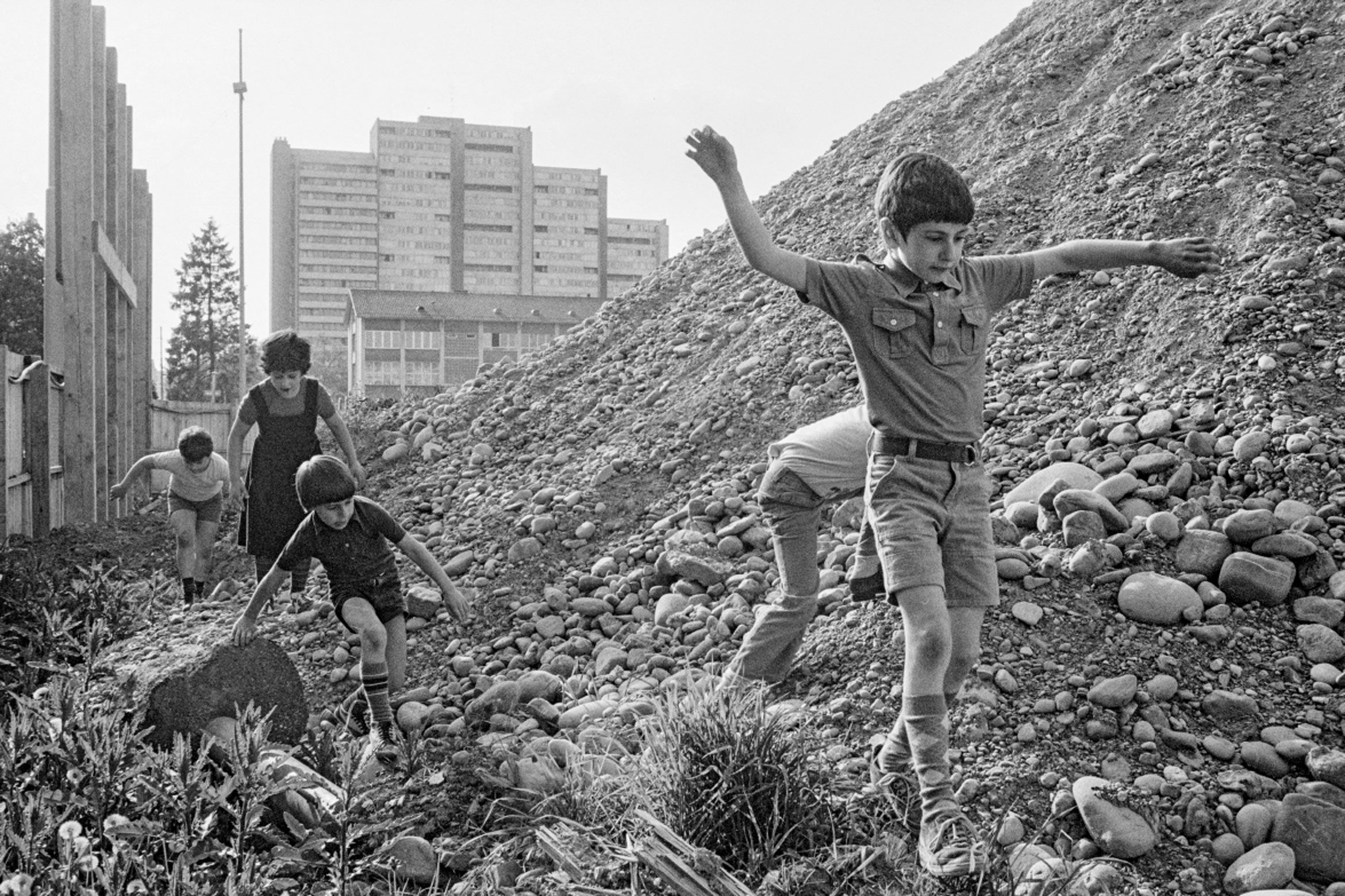
Photo: ETH-Bibliothek Zürich, Bildarchiv / Photographer: Heinz Baumann
‘Many large construction projects went ahead in the ‘70s.’
The coffee-table book Zürich in den 1970er Jahren (Zurich in the 1970s) has recently been published, and it contains around 400 archive images. Did you come across any surprises during your research?
There’s an image of an old lady standing on the balcony of her apartment in the Allmend neighbourhood, while just a few metres away, the motorway bridge is being built. It’s an extreme image. What I also noticed is that the city in the ‘70s was nowhere near as virtuous as many think of it today – quite the opposite, in fact. Young people laid the foundations then for the unrest that was to come.
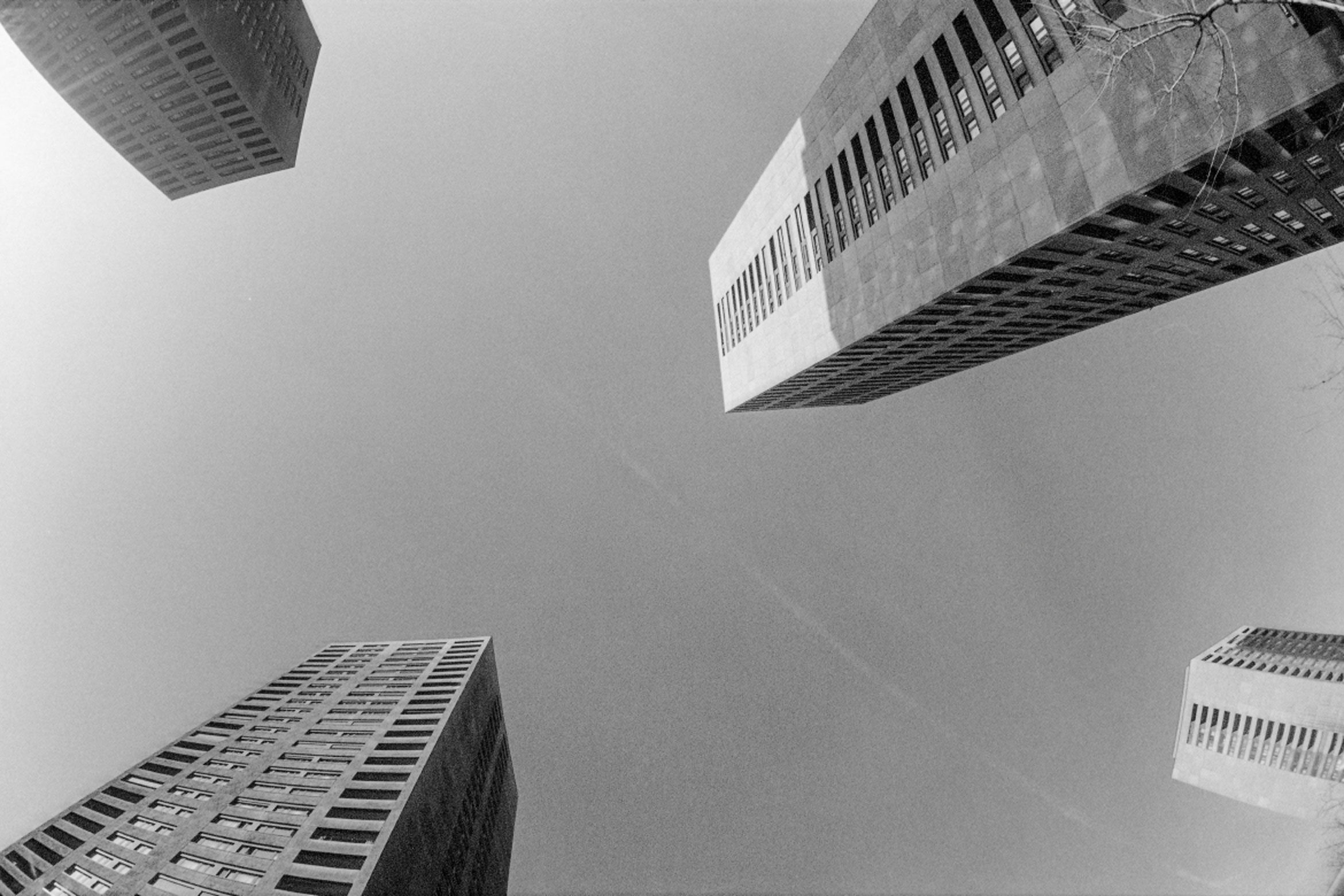
Photo: ETH-Bibliothek Zürich, Bildarchiv / Photographer: Heinz Baumann
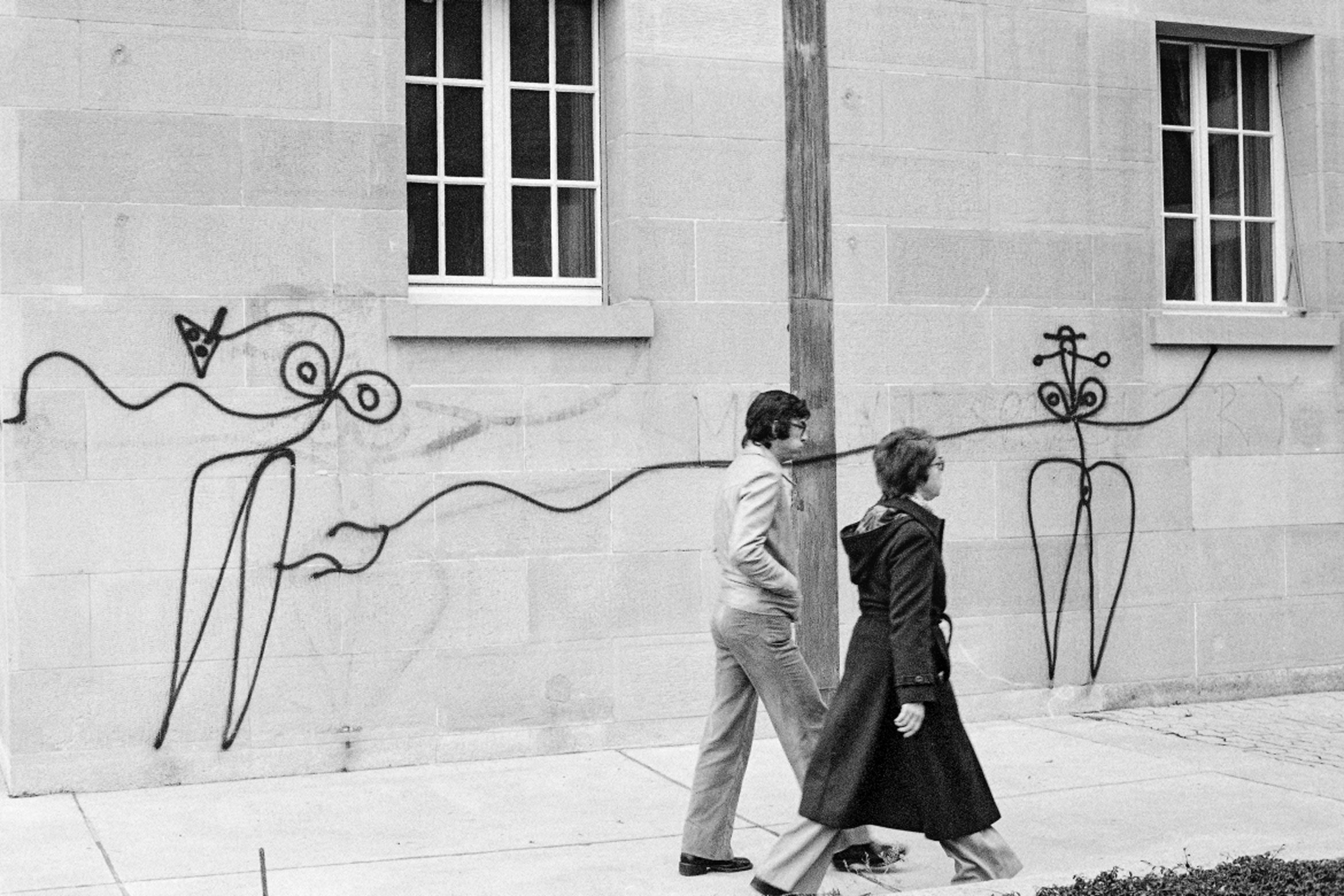
Photo: ETH-Bibliothek Zürich, Bildarchiv / Photographer: Heinz Baumann
Most of the images show your average Zurich resident. How has life in the city changed?
It was important for me to avoid making a book that was too kitsch. I wanted to show how Zurich residents lived at the time – and how different it was then to how we know it today. Industry has now largely disappeared from the city, but back then there were still a few factories in Zurich. There were still amusement arcades, and life was also exclusively analogue – there was obviously no such thing as the internet just yet. If you wanted to discover new music, you had to go to a shop and get advice from the employees. There’s an image of this in the book.
In what ways has the city stayed the same?
The geography has of course remained the same. The city’s attractions are still there as well, and when I walk around the outer districts, not a lot has changed. But in general, Zurich has become much cleaner and neater, sometimes perhaps a bit too much.
You lived in Zurich for 26 years. Did the research give you a sense of nostalgia?
No, not really. Of course, I was reminded of places and experiences, but they weren’t always to do with Zurich. The cover image with the teenagers fishing, for example, could easily have been my brother, my cousins and me, as we dressed in the same way at the time. I think the book will trigger similar flashbacks for many people.
‘What I also noticed is that the city in the ‘70s was nowhere near as virtuous as many think of it today.’
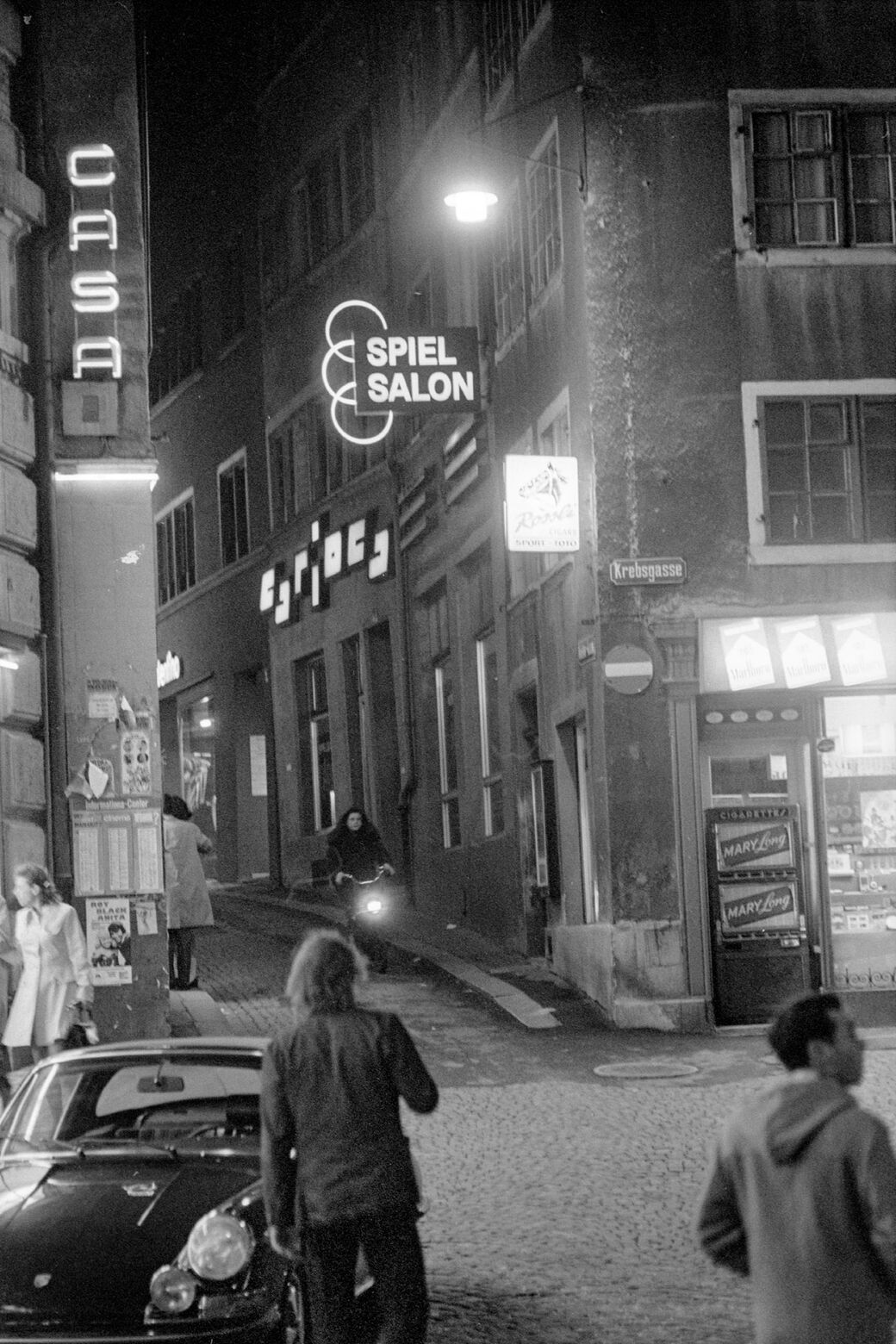
Photo: ETH-Bibliothek Zürich, Bildarchiv / Photographer: Steiner
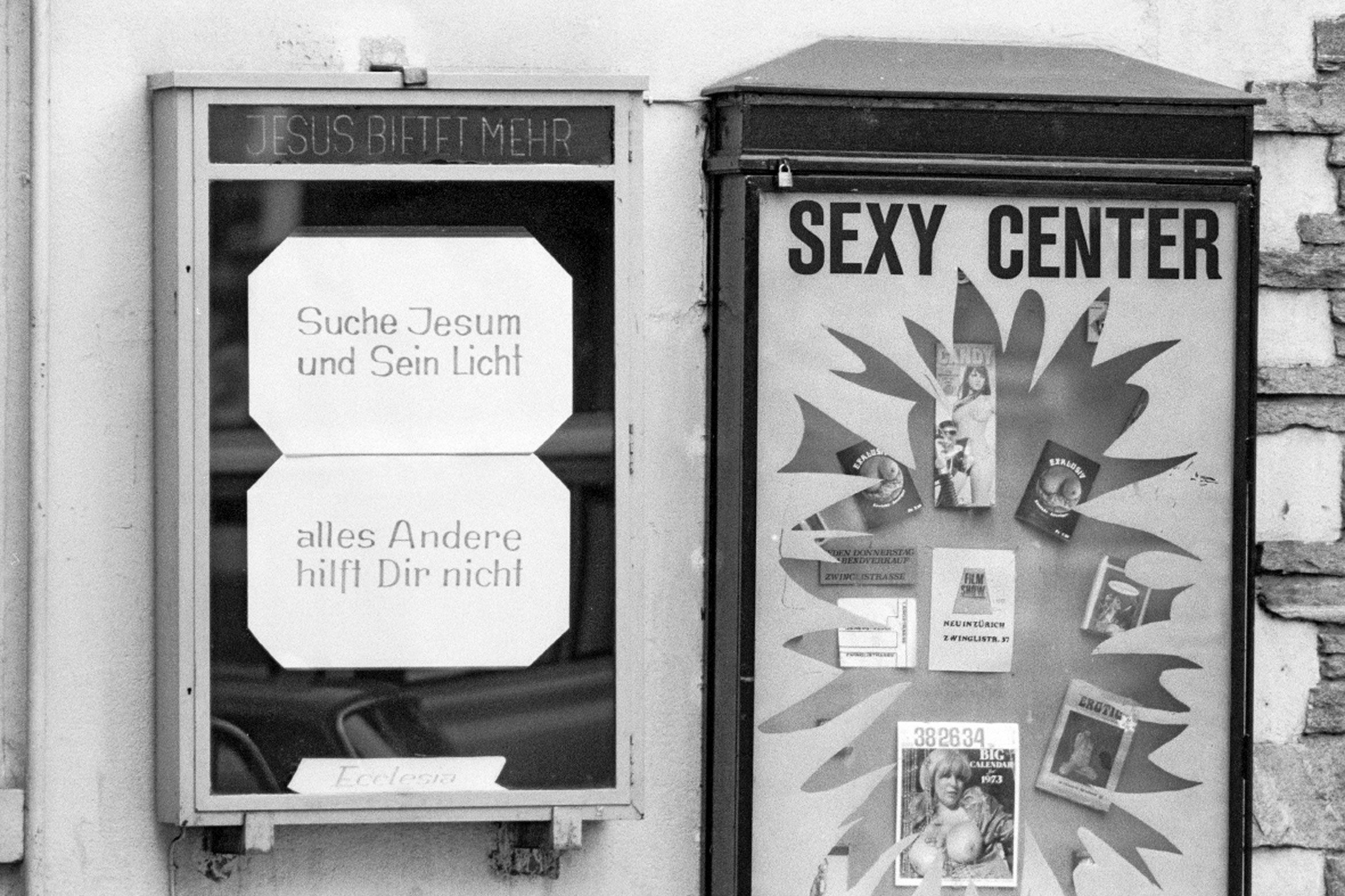
Photo: ETH-Bibliothek Zürich, Bildarchiv / Photographer: Josef Schmid
So more than anything, it’s a book for anyone who lived through the ‘70s?
Not only that, even if it does obviously make you reminisce about that time. Younger generations will learn from the book how pivotal the ‘70s were for the Zurich of today: women got the right to vote, the gay and lesbian movement made an impact and a generation became politically aware. I think the liberal Zurich of today stems from this very decade.
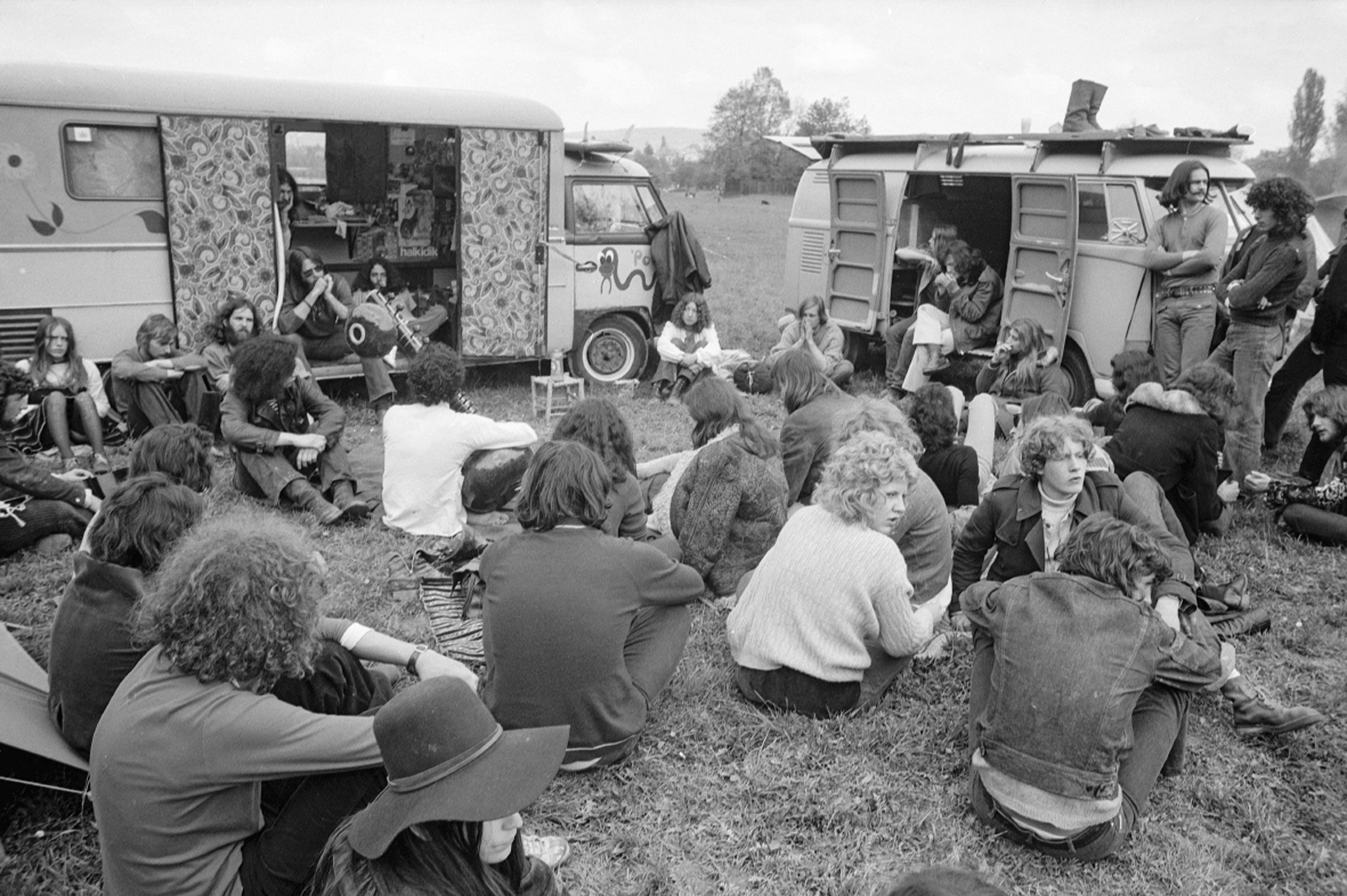
Photo: ETH-Bibliothek Zürich, Bildarchiv / Photographer: Kurt Schollenberger
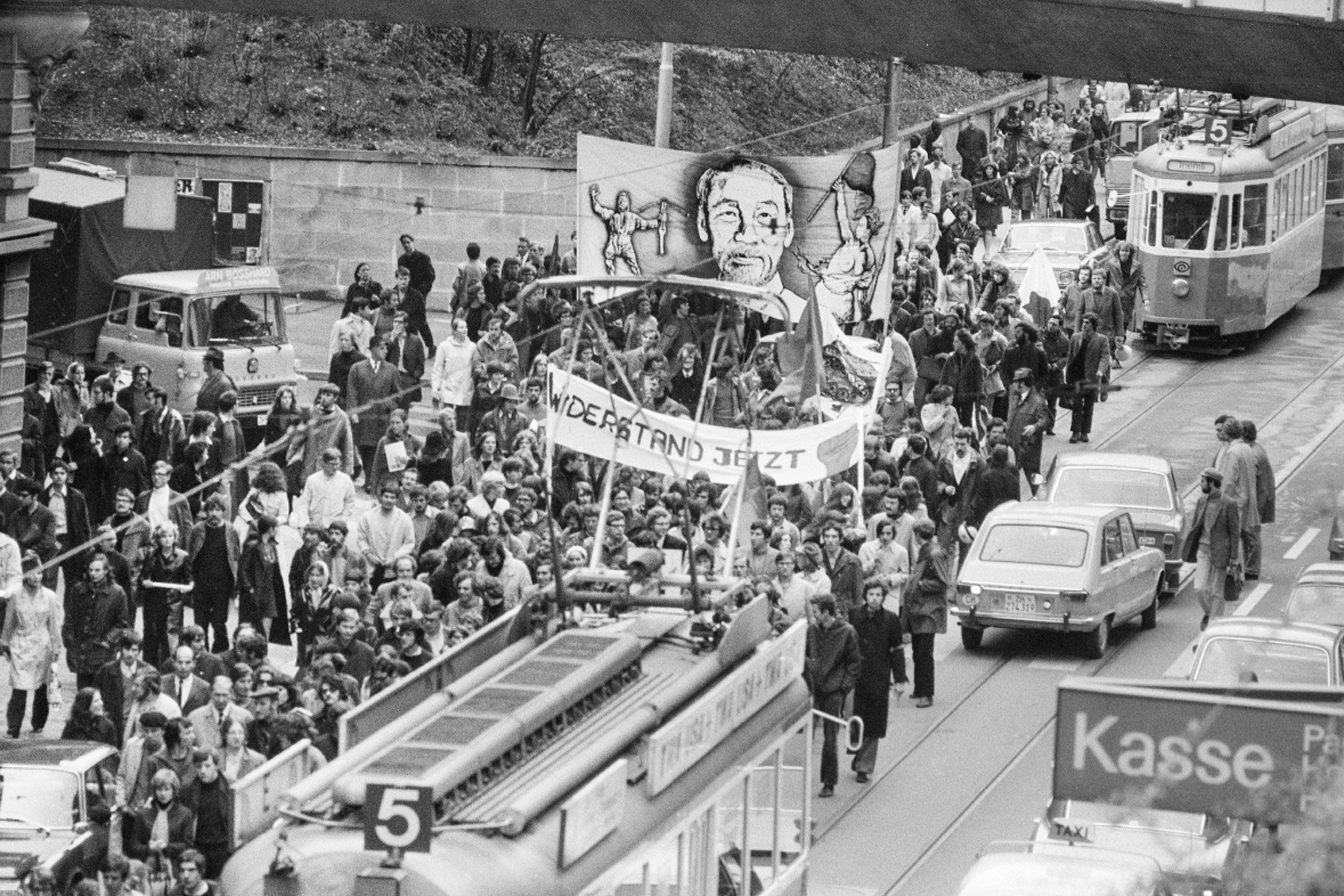
Photo: ETH-Bibliothek Zürich, Bildarchiv / Photographer: Comet Photo AG
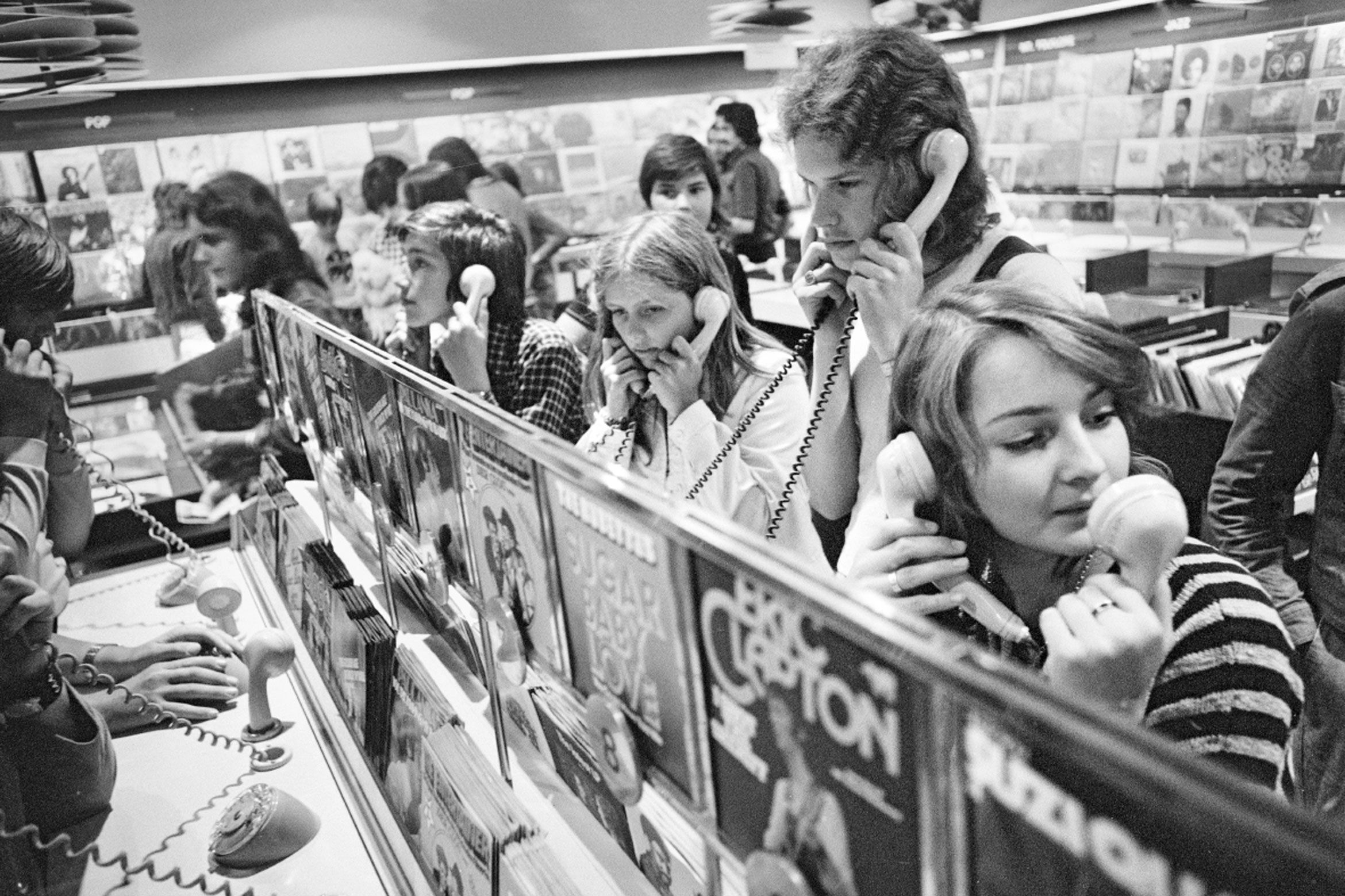
Photo: ETH-Bibliothek Zürich, Bildarchiv, Photographer: Christof Sonderegger
‘But in general, Zurich has become much cleaner and neater.’
You now live in Basel. Have you not been seized by a longing for Zurich?
My early time in Zurich in particular was really exciting, and of course the images made me think of this time. But I miss Zurich the most when someone speaks ‘Züritütsch’, or Zurich German, like me – but I do like the Basel dialect, too.
About the book
Crime writer and broadcast journalist Raphael Zehnder lived in Zurich for over two decades, and has now released a coffee-table book entitled Zürich in den 1970er Jahren (Zurich in the 1970s). The book has 320 pages and has been published by Emons Verlag.
